|
Genres, Themes, Actors, and Directors:
- Actors and Actresses
- Flashback Films
- Josef von Sternberg Films
- Movie Directors
- Revolutionaries
- Silent Films
- William Powell Films
Review:
Josef von Sternberg’s The Last Command (1928) is notable for earning Emil Jannings the first ever Best Actor Academy Award, albeit in conjunction with his performance in The Way of All Flesh (1927) (not listed in GFTFF). In his Alternate Oscars, Peary gives this award to Charlie Chaplin for The Circus instead, noting that “Jannings was a powerful actor who gave excellent performances,” but his work in 1927-1928 was “just preparation for the greatest of his humiliated characters: the proud Professor Unrath, who loses position and dignity when he falls for Marlene Dietrich’s sexy songstress in [von] Sternberg’s The Blue Angel.” On its own merits, The Last Command remains an interestingly structured “meta” film about a reversal of power dynamics, with one-time revolutionary Powell (looking remarkably dour and world-weary):
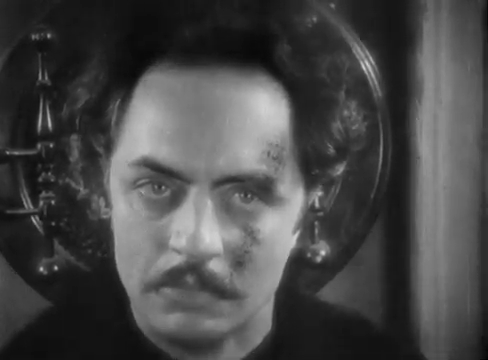
now possessing the power to manipulate the man he once hated most, and sultry Brent forced to make a difficult ethical choice:
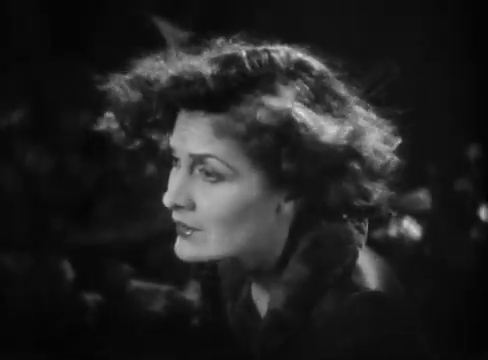
The question remains — what will Powell do with/to Jannings, and what type of humiliation does he have in store for him? The outcome is somewhat surprising, but the film as a whole doesn’t quite bring enough narrative interest to bear, and thus isn’t must-see viewing.
Redeeming Qualities and Moments:
- Emil Jannings as the Grand Duke Sergius Alexander
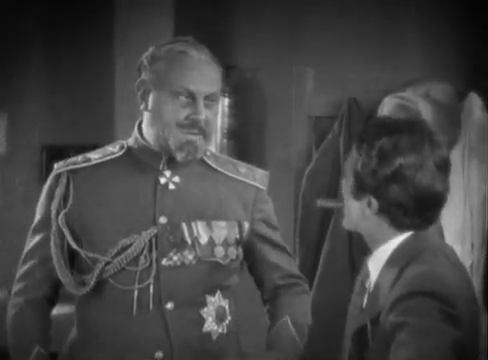
- Bert Glennon’s cinematography
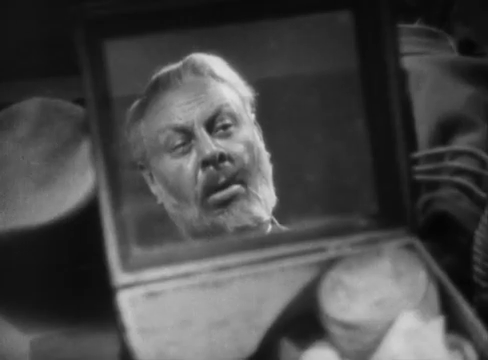
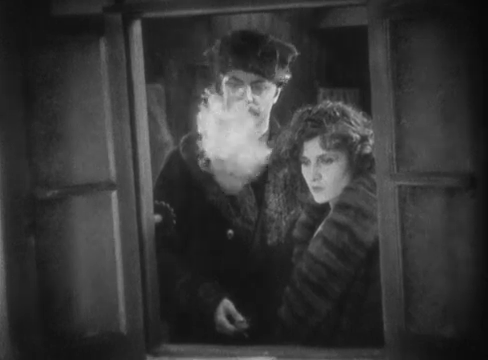
Must See?
No, though von Sternberg fans will want to check it out. Listed as a film with Historical Importance in the back of Peary’s book.
Links:
|
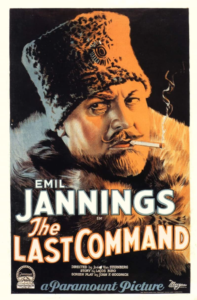





One thought on “Last Command, The (1928)”
First viewing. A once-must.
Film fanatics are likely to appreciate its behind-the-scenes view of dog-eat-dog, early Hollywood – and the film is of note for von Sternberg’s direction / strong visual sense and for Jannings’ performance (though, in this case, I certainly can understand Peary’s decision to award his Alternate Oscar to Chaplin – specifically for ‘The Circus’).
Brent’s cunning presence seems viewing-worthy as well. Her scenes of obvious duplicity are rather powerful.
I don’t know that I particularly buy the sentiment of the last line of Powell’s character but I can overlook that; if it played otherwise, it would have come off as just too depressing for this kind of film. As is, all three major characters are afforded duality (so maybe that’s the point).
Side note: The 1927 version of ‘The Way of All Flesh’ is considered a lost film since only a couple of fragments of it remain. There is a well-received 1940 version with Akim Tamiroff in the lead. I’m going to check that out.